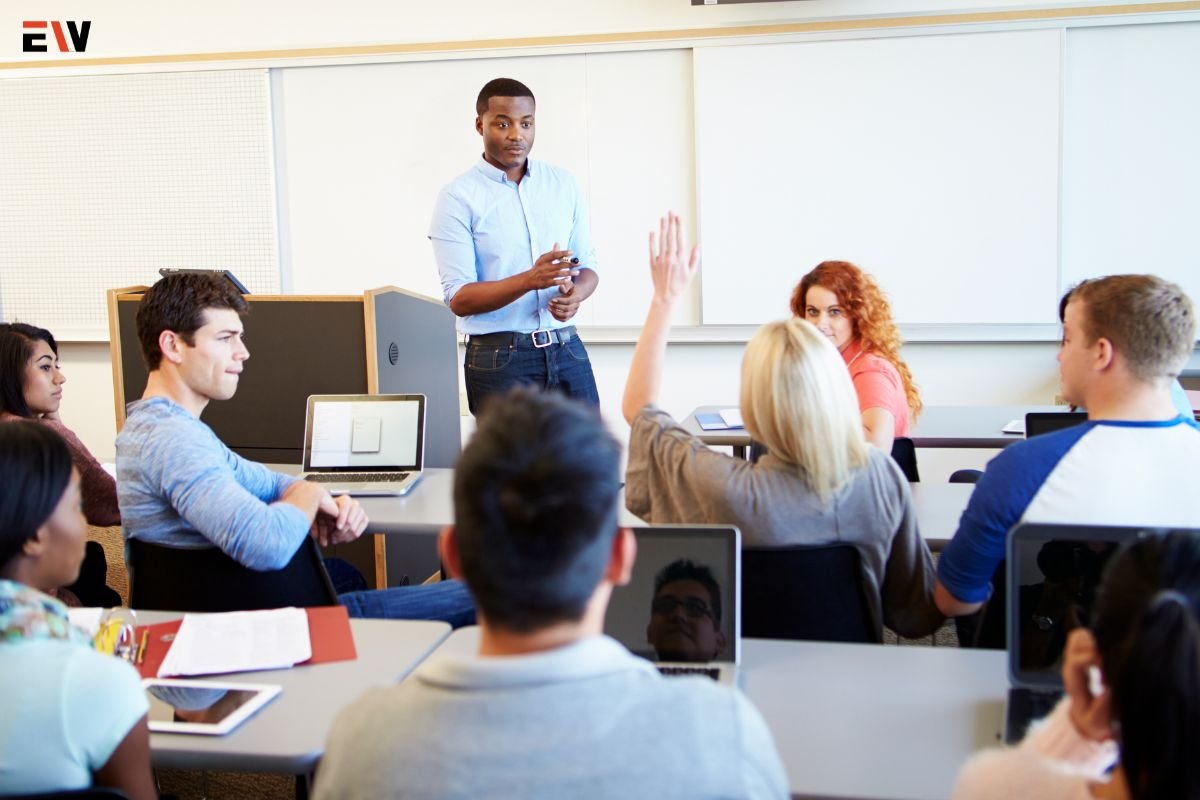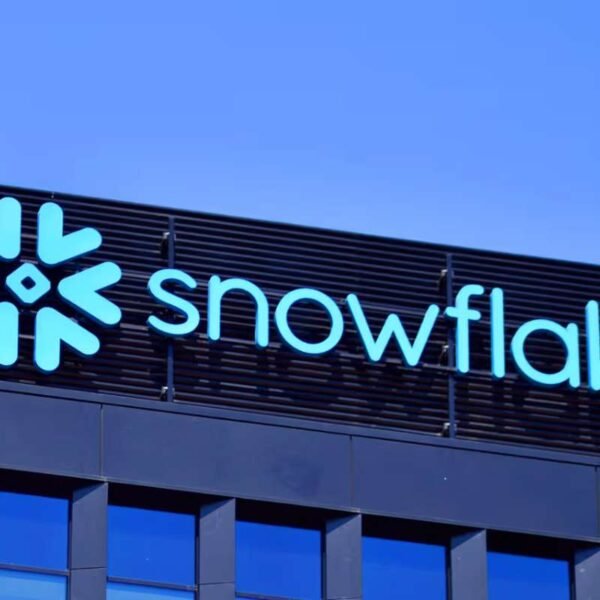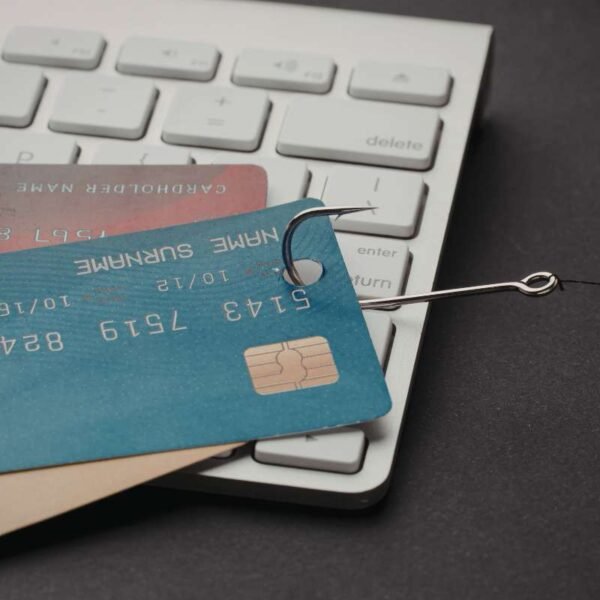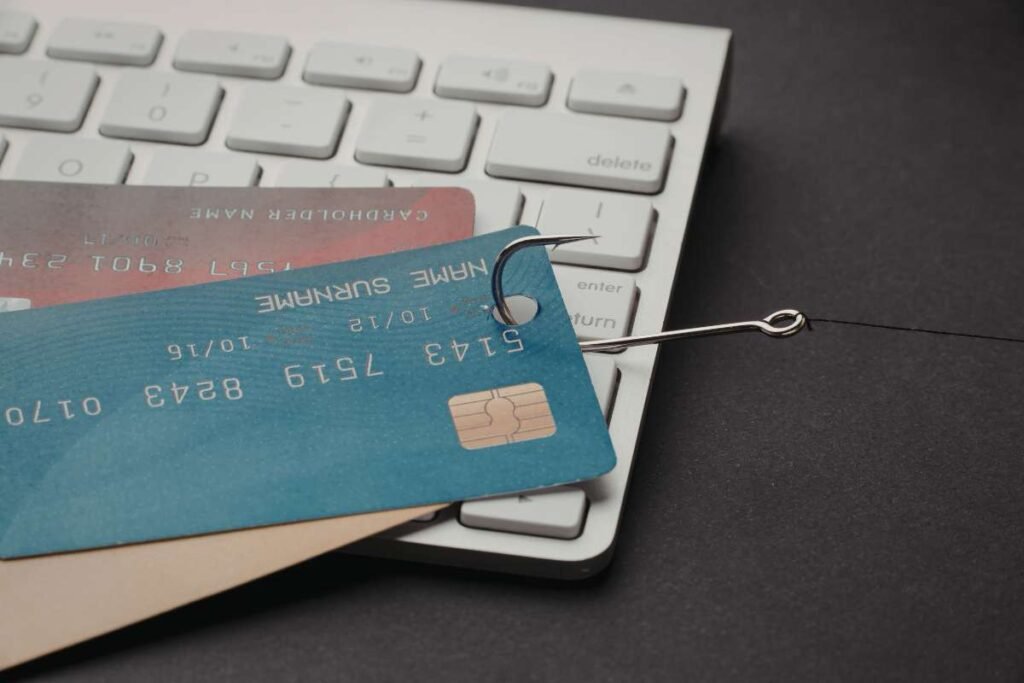Special education and teaching involve the educational provision for students who have diverse learning needs due to disabilities or exceptionalities. These students may have physical, cognitive, emotional, or developmental conditions that require specialized instruction and support. Special education aims to provide tailored educational experiences that ensure all students can achieve their full potential. This comprehensive guide explores the principles, practices, and challenges of special education and teaching.
Principles of Special Education and Teaching
1. Individualized Education Program (IEP)
An IEP is a customized educational plan designed to meet the unique needs of a student with disabilities. It outlines specific goals, services, accommodations, and modifications necessary for the student to succeed academically and socially. The IEP is developed collaboratively by educators, parents, and specialists.
2. Least Restrictive Environment (LRE)
The LRE principle mandates that students with disabilities should be educated alongside their non-disabled peers to the maximum extent appropriate. Inclusion in general education classrooms helps students develop social skills and access the same curriculum as their peers, fostering a sense of belonging and equality.
3. Free Appropriate Public Education (FAPE)
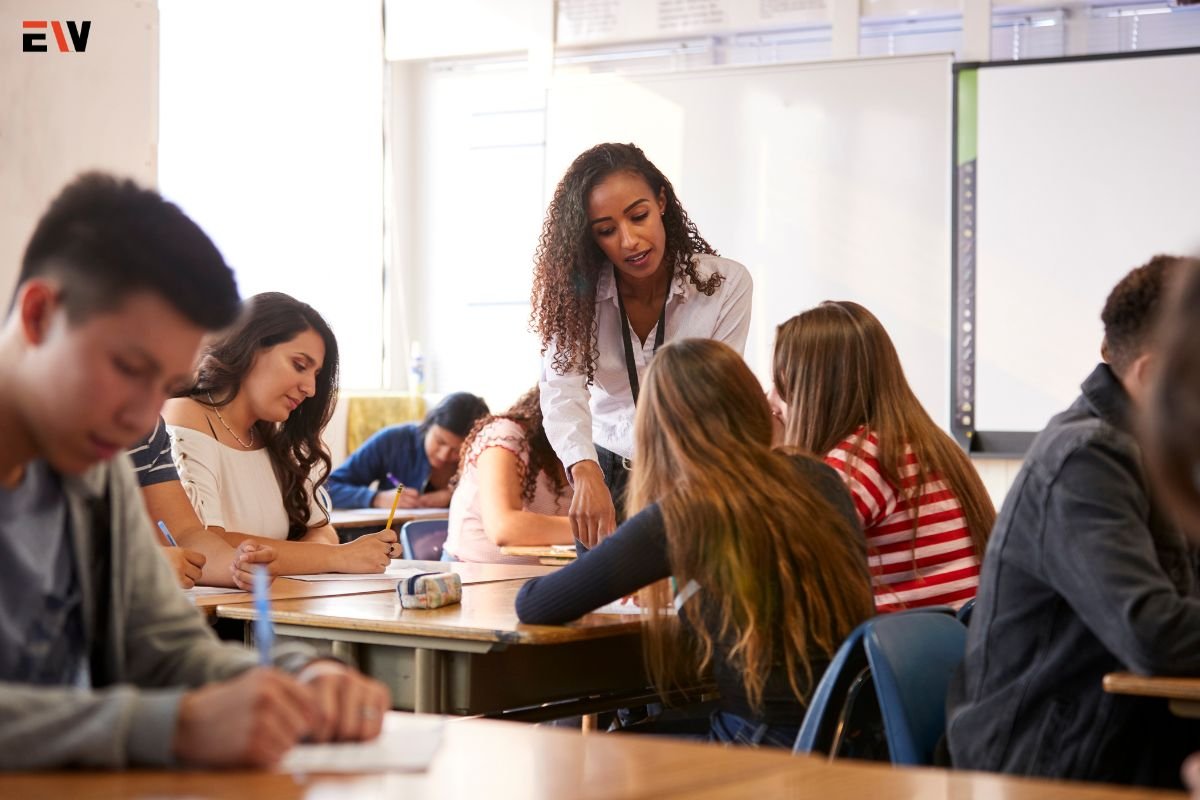
FAPE ensures that all students with disabilities receive an education tailored to their individual needs at no cost to the parents. This principle guarantees that educational services are designed to meet the unique needs of each student, enabling them to make progress in the general education curriculum.
4. Parental Involvement
Parents play a crucial role in the special education process. Their involvement in developing and reviewing the IEP, participating in meetings, and advocating for their child’s needs is vital to the success of special education programs.
5. Procedural Safeguards
Procedural safeguards protect the rights of students with disabilities and their families. These include the right to receive notice of decisions affecting the child’s education, the right to consent or decline services, and the right to dispute resolutions.
Effective Practices in Special Education
1. Differentiated Instruction
Differentiated instruction involves tailoring teaching methods and materials to accommodate the diverse learning styles, abilities, and interests of students. Techniques include providing various learning activities, using visual and auditory aids, and allowing students to demonstrate their understanding in multiple ways.
2. Universal Design for Learning (UDL)
UDL is an educational framework that aims to create flexible learning environments accessible to all students. It emphasizes multiple means of representation, expression, and engagement, ensuring that instructional materials and activities can be adjusted to meet diverse needs.
3. Assistive Technology
Assistive technology includes tools and devices that help students with disabilities access the curriculum and participate fully in their education. Examples include speech-to-text software, communication devices, and adaptive equipment for mobility or sensory needs.
4. Positive Behavioral Interventions and Supports (PBIS)
PBIS is a proactive approach to behavior management that focuses on preventing challenging behaviors and promoting positive behaviors through consistent, evidence-based strategies. It involves teaching expected behaviors, reinforcing positive actions, and using data to guide decision-making.
5. Collaborative Teaming

Effective special education requires collaboration among general education teachers, special education teachers, therapists, and other specialists. Collaborative teaming ensures that all professionals working with the student share information, strategies, and goals to provide cohesive support.
Challenges in Special Education
1. Identification and Assessment
Accurately identifying and assessing students with disabilities is crucial but challenging. Misidentification can lead to inappropriate services, while underidentification can result in a lack of necessary support. Comprehensive evaluations and ongoing assessments are essential to address these challenges.
2. Resource Allocation
Providing adequate resources, including funding, personnel, and materials, is a significant challenge in special education. Schools must balance the needs of students with disabilities with limited budgets and staffing constraints, often leading to disparities in service quality.
3. Professional Development
Continuous professional development for educators is vital to ensure they are equipped with the latest knowledge and skills in special education. However, finding time and resources for training can be challenging, particularly in underfunded districts.
4. Inclusion vs. Specialized Instruction
Balancing inclusion with the need for specialized instruction is a complex issue. While inclusion benefits social and academic development, some students may require more intensive, individualized support that is best provided in a specialized setting.
5. Family and Community Engagement
Engaging families and communities in the special education process can be difficult, particularly when there are language barriers, cultural differences, or logistical challenges. Building strong, trusting relationships with families is essential for successful outcomes.
Innovative Approaches and Future Directions
1. Inclusive Education Models
Innovative models of inclusive education aim to create more integrated and supportive learning environments for all students. Co-teaching, where general and special education teachers work together in the same classroom, is one approach that fosters collaboration and inclusion.
2. Technology Integration
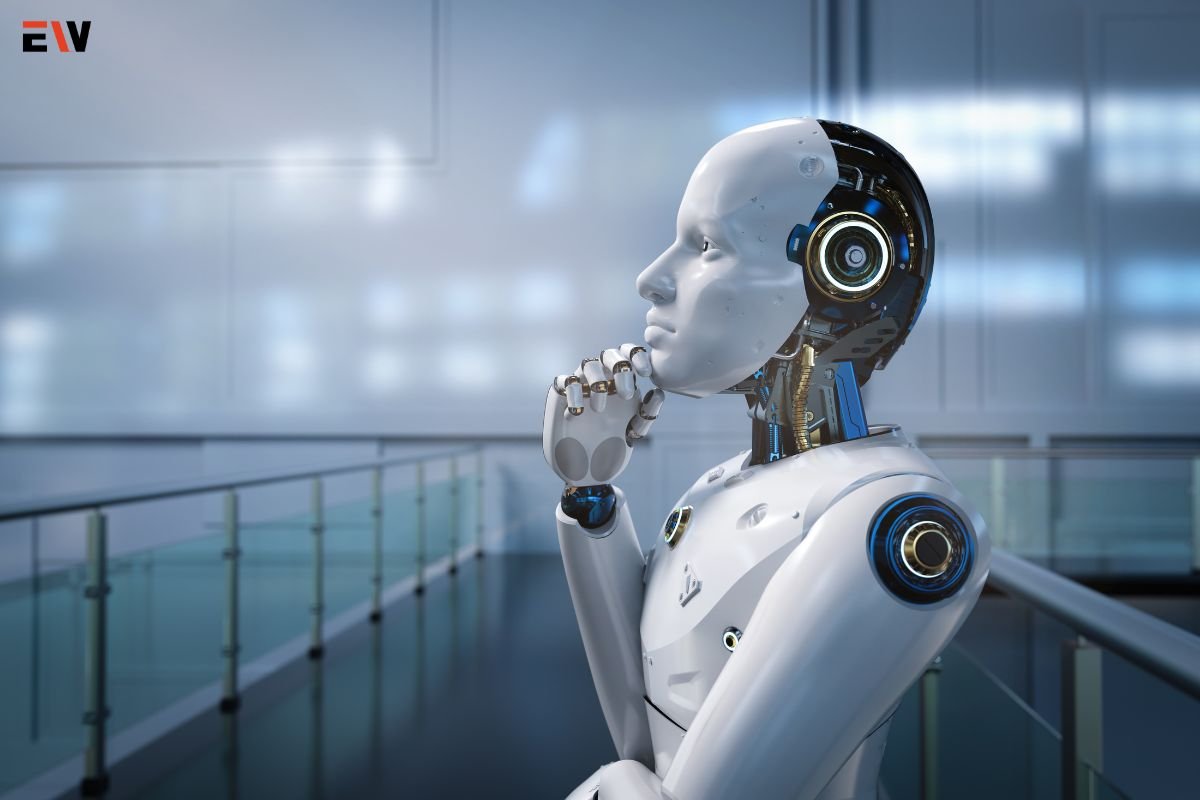
Advancements in technology continue to revolutionize special education. Virtual reality (VR), artificial intelligence (AI), and adaptive learning platforms offer new ways to engage students and provide personalized instruction.
3. Early Intervention
Early identification and intervention for children with disabilities are critical for improving long-term outcomes. Expanding access to early childhood special education programs can help address developmental delays and support families from the start.
4. Culturally Responsive Teaching
Culturally responsive teaching acknowledges and values the diverse cultural backgrounds of students. It involves using culturally relevant materials, practices, and perspectives to make learning more meaningful and effective.
5. Policy Advocacy
Advocacy for policies that support special education funding, professional development, and inclusive practices is essential. Educators, parents, and community members must work together to influence legislation and ensure equitable access to quality education for all students.
Conclusion
Special education and teaching play a crucial role in ensuring that students with disabilities receive the support and opportunities they need to succeed. By understanding the principles of special education, implementing effective practices, and addressing challenges, educators can create inclusive, supportive, and dynamic learning environments. As the field continues to evolve, innovative approaches and a commitment to equity will drive progress, ensuring that every student has the chance to reach their full potential.

